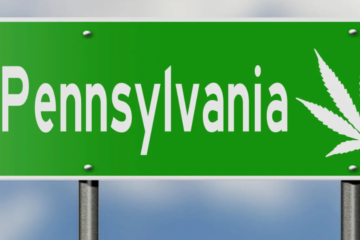In the wake of a concerning incident in Halifax, the media’s portrayal of illicit cannabis edibles has come under scrutiny. The misrepresentation of these products has significant implications for public understanding and policy.
The Halifax Incident
A group of students, all under twelve, were hospitalized after consuming cannabis edibles brought to school by a peer. The media initially failed to clarify whether the edibles were legal or illegal, referring to them simply as “labelled.” Subsequent reports revealed the products were from the illicit market, yet coverage often blurred the lines between legal and illegal products, causing confusion.
The edibles, resembling popular candies, contained THC levels far exceeding legal limits. One package, branded as “Nerd Bites,” boasted 1,000mg of THC, with each piece containing 200mg—100 times the legal cap per package in Canada. This stark contrast highlights the dangers of unregulated products and the need for clear media communication.

The Media’s Role
The media’s portrayal of cannabis products can shape public perception and policy. Inaccurate reporting on the legality and safety of cannabis edibles can lead to misconceptions and potentially harmful outcomes. The incident in Halifax underscores the necessity for responsible journalism that distinguishes between regulated and illicit products.
The confusion is exacerbated by the visual similarity of illicit edibles to everyday snacks, which can lead to accidental ingestion, particularly by children. The media’s responsibility extends to educating the public on recognizing legal products and understanding the risks associated with illicit ones.
The Call for Clarity
The misreporting of cannabis edibles is not an isolated issue. It reflects a broader challenge within media practices regarding the cannabis industry. Clear, factual reporting is essential to inform the public accurately and support the enforcement of regulations designed to protect consumers, especially minors.
The Halifax case serves as a call to action for media outlets to uphold their duty in providing precise information. This includes acknowledging the stringent packaging and THC content regulations that legal products must adhere to, thereby preventing the spread of misinformation.




